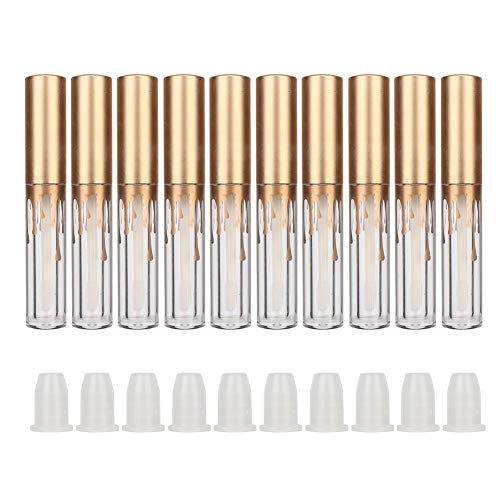rewalston
Well-known member
I'm going to be doing a crockpot AP later this week on some pins I have. I'm not expecting much, but any is better than none. Would it be a good idea to incinerate the pins before putting them into AP?
Rusty
Rusty
























































